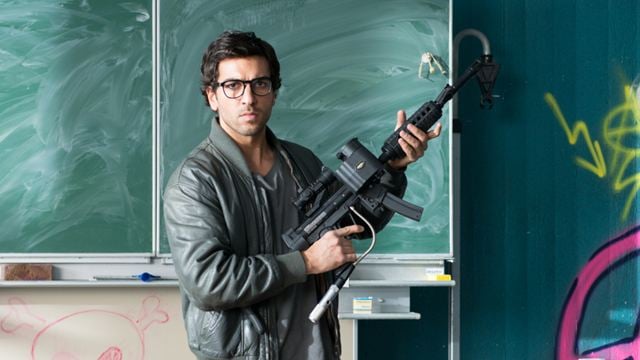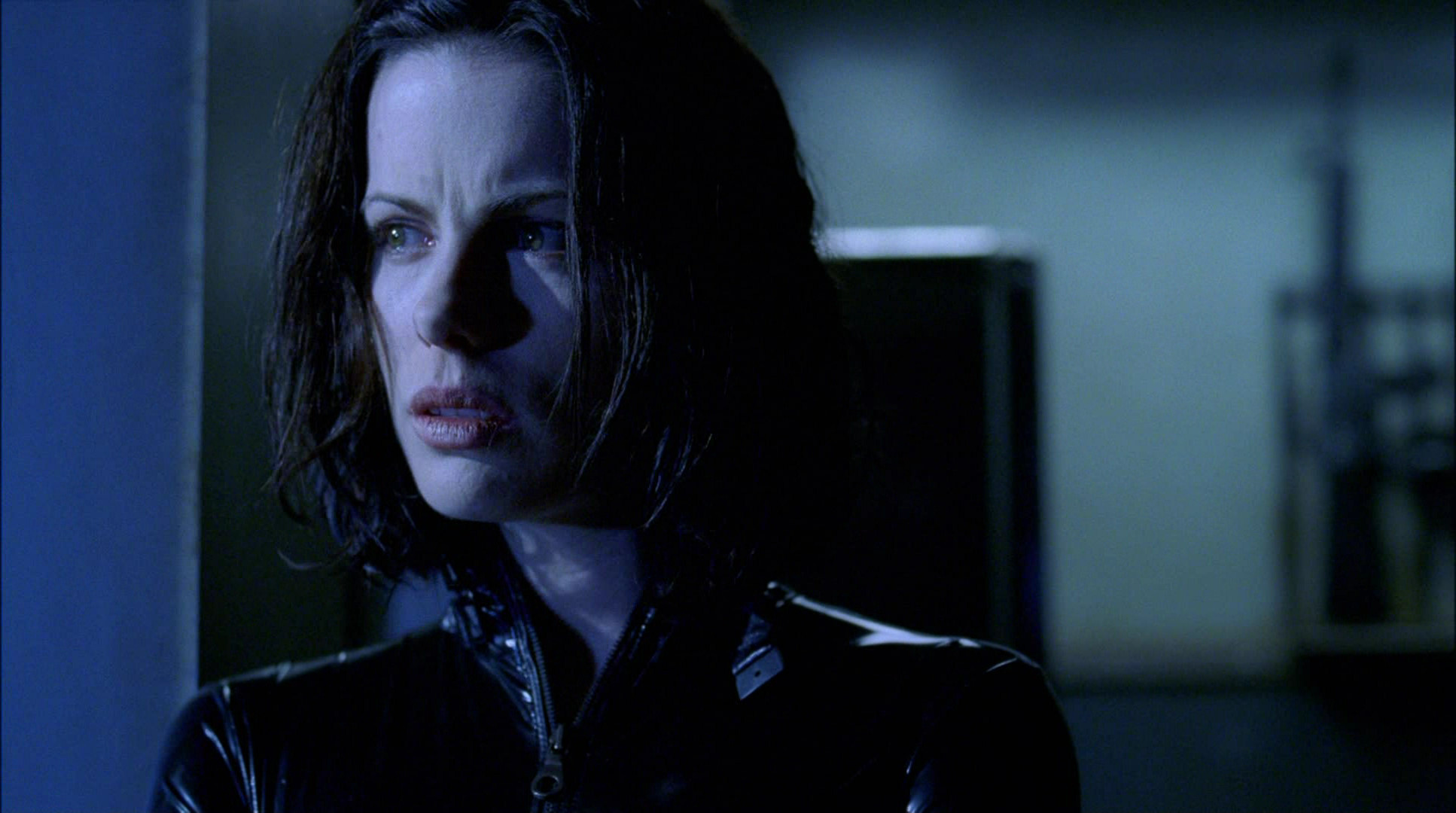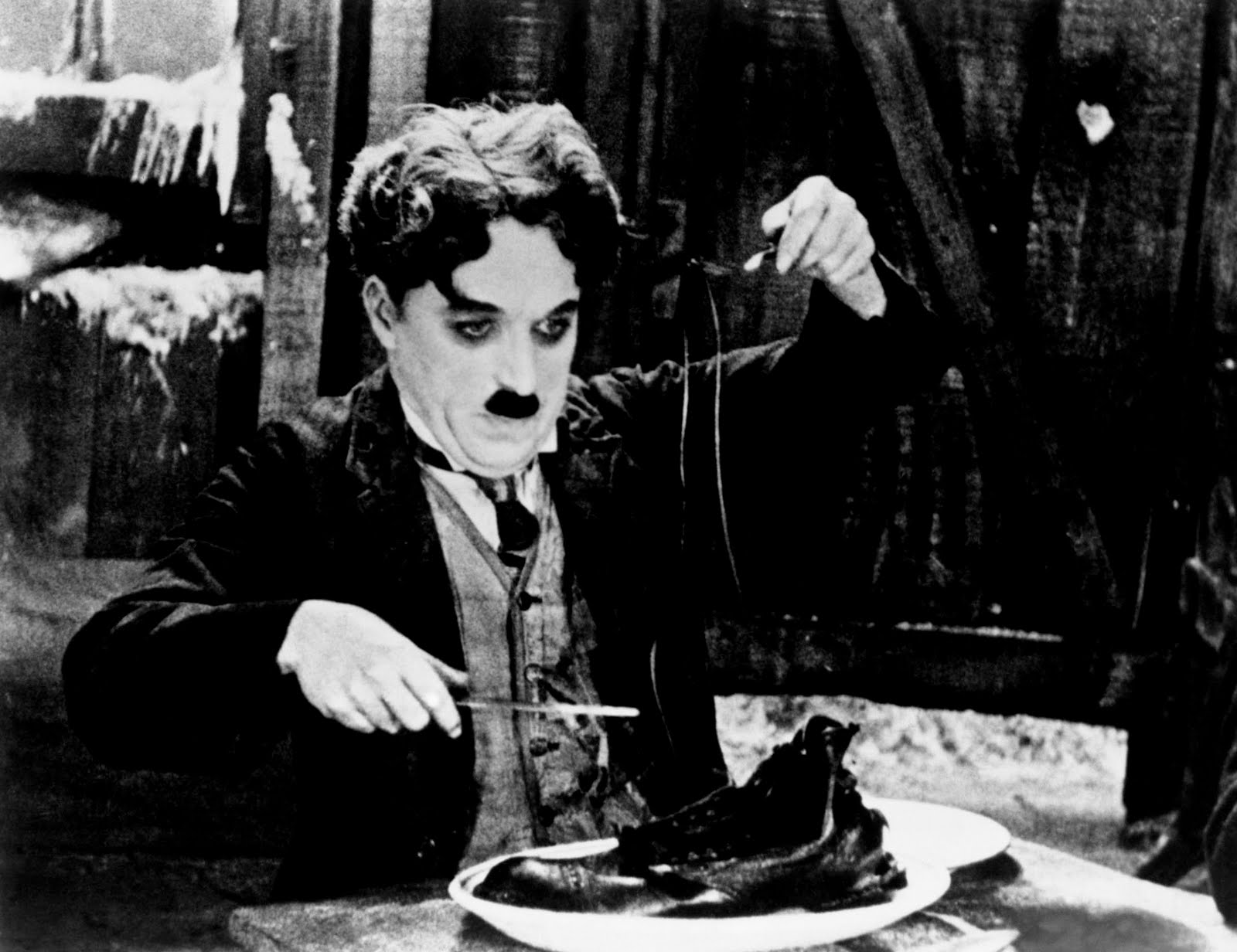#316 - Suck Me Shakespeer
Bora Dagtekin, 2013

When an ex-con learns that the vacant lot where his money was stashed is now covered up by an extension to a very dysfunctional high school, he pretends to be a teacher in order to gain access and search for his cash.
I have to give this German film credit for having one of the most awkward English-language titles I've ever seen (though I doubt they could have directly translated
Fack ju Göhte into English), and the film definitely lives up to its coarse and deliberately misspelled title.
Suck Me Shakespeer may use a familiar premise - when someone first explained it to me, my response was "Isn't that basically the plot of
Blue Streak?" (the obvious difference there being that the building in question is a police station instead of a school), with my next frame of reference being
School of Rock - but it does get a surprising amount of mileage out of this idea over the course of two hours. Most of that can be credited to the edginess of the humour, with the school in question being shown to be in a state of complete disrepair and anarchy, where the mericless pranking of the school's most delinquent-filled class is enough to drive teachers to attempted suicide. Naturally, events conspire so that the cocky ex-con protagonist is forced to teach the class and also contend with the belligerent romantic tension between him and the bookish, sweet-natured female teacher who he must co-operate with in order to stay in the school long enough to find his stash (and pay off an underworld figure, of course).
Unfortunately, edginess only gets you so far when the plot is as trite as this one and many of the gags end up covering the same ground, even if they do come across as too absurd to be plausible or tolerated in real life (such as the protagonist responding to a group of students cutting class by grabbing a paintball rifle). Even when the students inevitably start to warm up to both the ex-con and the actual teacher (and vice versa), that just means the gags peter out as a result of encroaching sentimentality and the characters ultimately aren't endearing enough for you to care all that much about whether they overcome their obstacles or achieve their goals. Throw in a soundtrack full of emotionally on-the-nose pop songs and you have a real crowd-pleaser on your hands - while I'm not totally immune to the charms of this film and am glad it rises ever-so-slightly above its extremely basic narrative, I am ultimately not all that enthused about it. I would not be surprised if this got an American remake.






